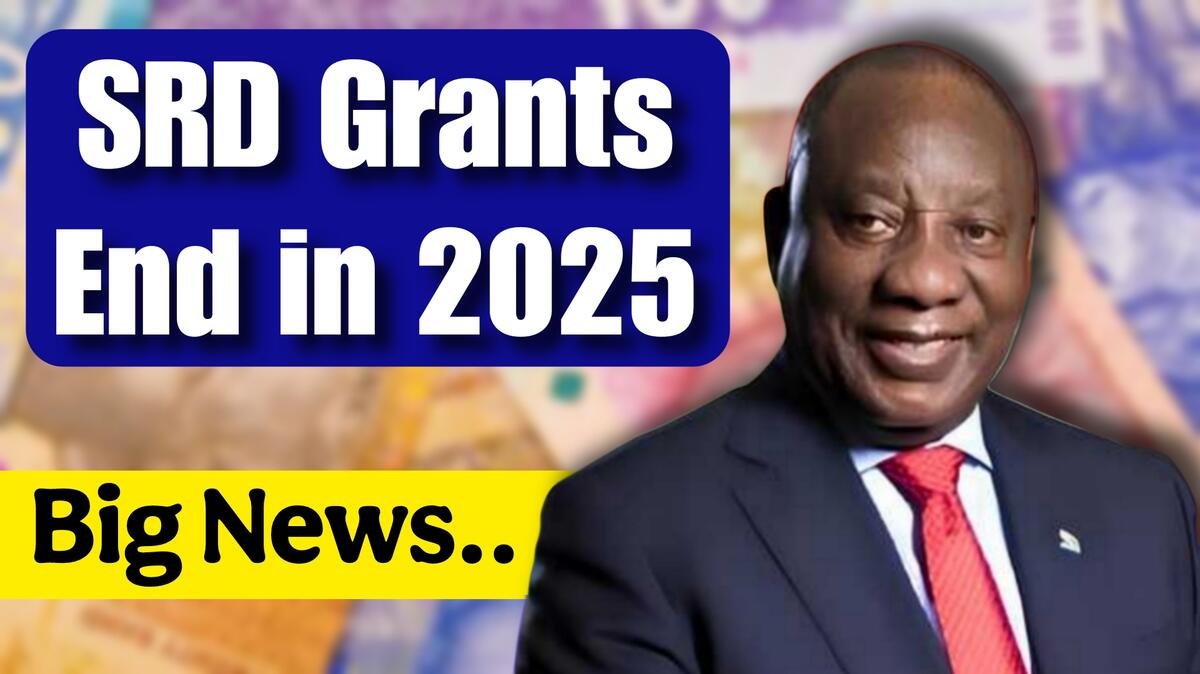The announcement by the South African government to discontinue the SRD grants by the end of 2025 is indeed a big concession for the social welfare system in the country. This grant, introduced primarily for the temporary relief of millions of South Africans during the challenging economic times brought about by the COVID-19 pandemic, is moving towards a more permanent intervention: Universal Basic Income (UBI). In short, here is what you ought to know about the conclusion of the SRD grant and how UBI can radically transform the lives of South Africans.
Why Are SRD Grants Ending?
The SRD grant is made to be temporary and therefore has always been earmarked for use to “alleviate the level of impact” on “most vulnerable” persons during unprecedented economic shocks-the kind that the government views as evidence that it is now taking the next steps towards developing a long-term solution against systematic poverty and inequality. The abolishing of this SRD grant will probably also keep pace with the logic of what we can afford because it is costing billions of rands each year to operate. It is expected of a large-scale, more comprehensive and sustainable UBI program on this whole wider canvas on social support.
What Is UBI?
Unconditional Basic Income is a proposed regulation by which the country gives regular, non-conditional payments to all citizens or special subgroups, irrespective of their employment status, as a guarantee of a safety net enabling them to meet basic needs. In South Africa, UBI is meant to target high unemployment levels, alleviate poverty, and also support marginalized communities. Unlike the SRD grant, which had eligibility criteria, UBI would channel coverage and ongoing support to a larger group.
How Will UBI Impact South Africans?
- Financial Security: UBI guarantees a source of income that remains consistent. This means families can use it to pay for necessities such as food, housing, and health care. This brings down the financial load experienced by a number of households.
- Economic Growth: One way UBI promotes economic growth is through the effect of additional disposable income on people’s spending on goods and services.
- Equality Reduction: The benefit of this program will target the eliminating socioeconomic gaps, the lower tiers of society, and ultimately reduce the rich-poor gap.
- Employment Flexibility: UBI would allow people the option to continue formal schooling, launch small businesses, or find work opportunities without the immediate pressure of survival.
Challenges Ahead
While UBI has a lot of good things to offer, its implementation would need very careful planning as well as funding strategies all around. Critics of this program state that it could stretch the already strained finances of South Africa to the breaking point and lead to high taxes, or even cut services elsewhere. Another major concern is whether the UBI payments would cover the expenses of recipients.
What Do Beneficiaries Need To Do?
Beneficiaries must now start taking note of developments regarding the shift into UBI as the existing SRD grant comes to a halt. Plans detailing eligibility criteria and timelines are expected from the government in the next few months.
Conclusion
The transition from SRD grants to Universal Basic Income will change the social security paradigm in South Africa. Although many problems need addressing, UBI promises to deliver sustainable solutions to the two evils-poverty and inequality. For South Africans, this transition stands for a hardy bulwark of financial security and brighter futures. Stay tuned to updates from SASSA and government announcements to ensure you’re prepared for the changes ahead.
Also Read : SASSA Introduces Biometric Verification For SRD Payments In 2025
